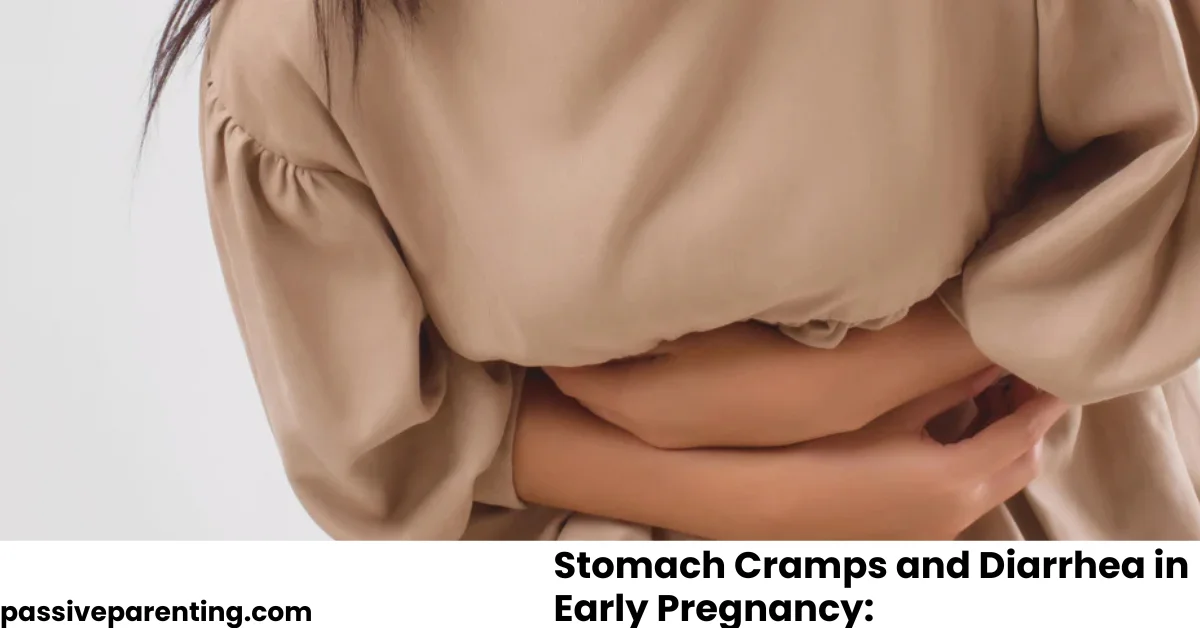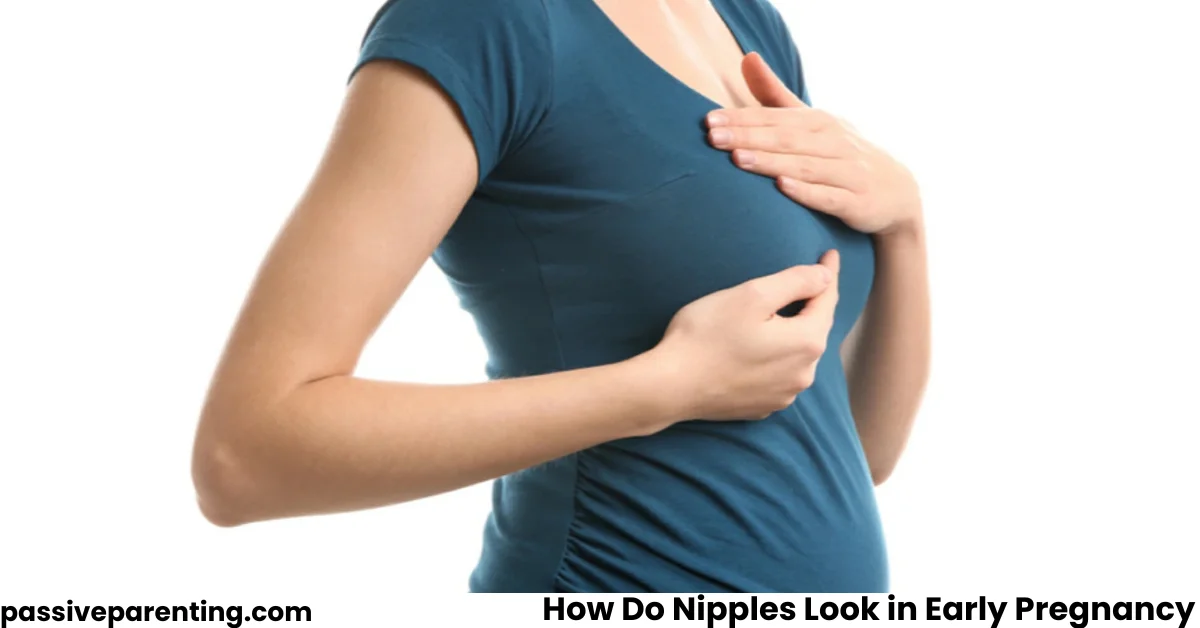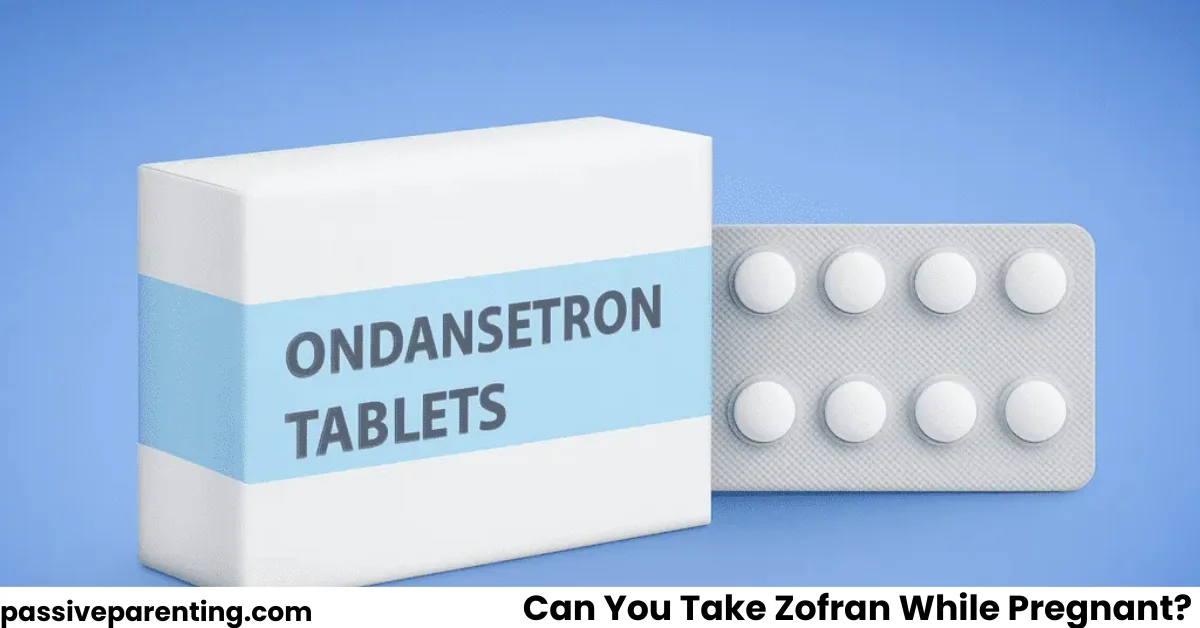Early pregnancy is a mix of excitement and worry. While you may expect morning sickness or fatigue, some women also experience stomach cramps and diarrhea in early pregnancy. These symptoms can be alarming, especially if you’re unsure whether they are normal or a sign of something serious.
The good news is that in most cases, cramping and digestive upset are harmless. They often result from hormonal changes or dietary adjustments. Still, there are times when these symptoms signal the need for medical care. Let’s break down the causes, remedies, and red flags so you can feel informed and reassured.
Why Stomach Cramps Happen in Early Pregnancy
Cramps in the first trimester are more common than many realize. Here are the main reasons they occur:
Uterine Growth and Stretching
As the uterus begins to expand to accommodate the growing embryo, mild cramping may occur. The Mayo Clinic explains that this stretching is usually harmless and often feels like period-like cramps.
Implantation
For some women, early cramps are linked to implantation, the process when the fertilized egg attaches to the uterine lining. This can cause mild discomfort and sometimes light spotting.
Hormonal Changes
Pregnancy hormones like progesterone relax muscles, including those in the digestive system. This can lead to bloating, gas, and mild abdominal pain.
Gastrointestinal Factors
Not all cramps come from the uterus. Digestive issues; gas, constipation, or indigestion can mimic pregnancy cramps. According to the American Pregnancy Association, these digestive shifts are very common in the first trimester.
Why Diarrhea Occurs in Early Pregnancy
Diarrhea during pregnancy can feel worrisome, but it often has simple explanations:
Hormonal Shifts
Hormones that prepare your body for pregnancy also affect your intestines. For some, this leads to constipation, while others experience diarrhea.
Prenatal Vitamins and Supplements
Iron supplements can sometimes upset the stomach, while other vitamins may cause changes in bowel habits.
Dietary Changes
Many women adjust their diets once pregnant; eating more fiber, fruits, or dairy. These changes can temporarily loosen stools.
Infections or Stomach Bugs
Viruses and foodborne illnesses can still strike during pregnancy. According to the NHS, pregnant women should be extra cautious with food hygiene to prevent diarrhea caused by infections.
When Cramps and Diarrhea Appear Together
Experiencing both symptoms simultaneously doesn’t always mean something is wrong. Often, they are linked through digestion: cramping may occur as your intestines contract, while diarrhea is the result of faster bowel movements.
However, the American College of Obstetricians and Gynecologists (ACOG) advises that if cramps are severe or diarrhea is prolonged, it’s worth calling your doctor. Dehydration is a real concern during pregnancy and can affect both mother and baby if left untreated.
Safe Remedies for Relief
Thankfully, many cases of stomach cramps and diarrhea in early pregnancy improve with simple home strategies.
Stay Hydrated
Frequent diarrhea can cause dehydration. Sip water throughout the day, and consider clear broths or oral rehydration solutions if symptoms persist.
Adjust Your Diet
Follow the BRAT diet (bananas, rice, applesauce, toast) temporarily if diarrhea is significant. Avoid greasy, spicy, or overly rich foods.
Rest and Comfort
Gentle rest helps the body recover. Applying a warm (not hot) compress to the abdomen can also relieve mild cramping.
Review Medications
Do not self-medicate with anti-diarrheal drugs unless approved by your healthcare provider. According to studies, some over-the-counter options are not safe during pregnancy.
Probiotics and Gut Health
With your doctor’s guidance, probiotics may help balance digestion and reduce diarrhea episodes.
When to Seek Medical Help
Not all cramps and diarrhea are harmless. Contact your doctor immediately if you notice:
- Severe or persistent abdominal pain
- Diarrhea lasting more than two days
- Blood in stool or severe dehydration (dizziness, dry mouth, low urine output)
- Fever above 100.4°F (38°C)
- Cramps accompanied by vaginal bleeding or heavy discharge
The Centers for Disease Control and Prevention (CDC) emphasizes that foodborne illnesses like listeria or salmonella are more dangerous during pregnancy and require prompt medical attention.
Preventive Strategies for Expectant Mothers
You can’t avoid every stomach issue, but these habits reduce the risk:
- Wash hands frequently to prevent infections.
- Avoid undercooked meats, unpasteurized dairy, and high-risk foods (as per FDA guidelines).
- Eat smaller, frequent meals to prevent digestive overload.
- Drink plenty of fluids throughout the day.
- Introduce dietary changes gradually to minimize sudden digestive shifts.
Conclusion:
Experiencing stomach cramps and diarrhea in early pregnancy can be unsettling, but in most cases, these symptoms are harmless side effects of hormonal and digestive adjustments. The key is to stay hydrated, rest, and monitor for red flags. With safe home remedies and professional guidance, you can manage these discomforts while keeping your pregnancy healthy.
Always remember: when in doubt, trust your instincts and consult your doctor. Early communication helps ensure peace of mind and well-being for both mother and baby.




